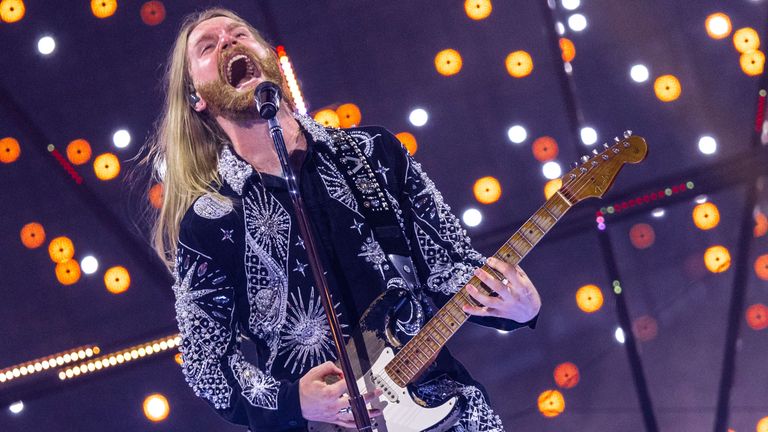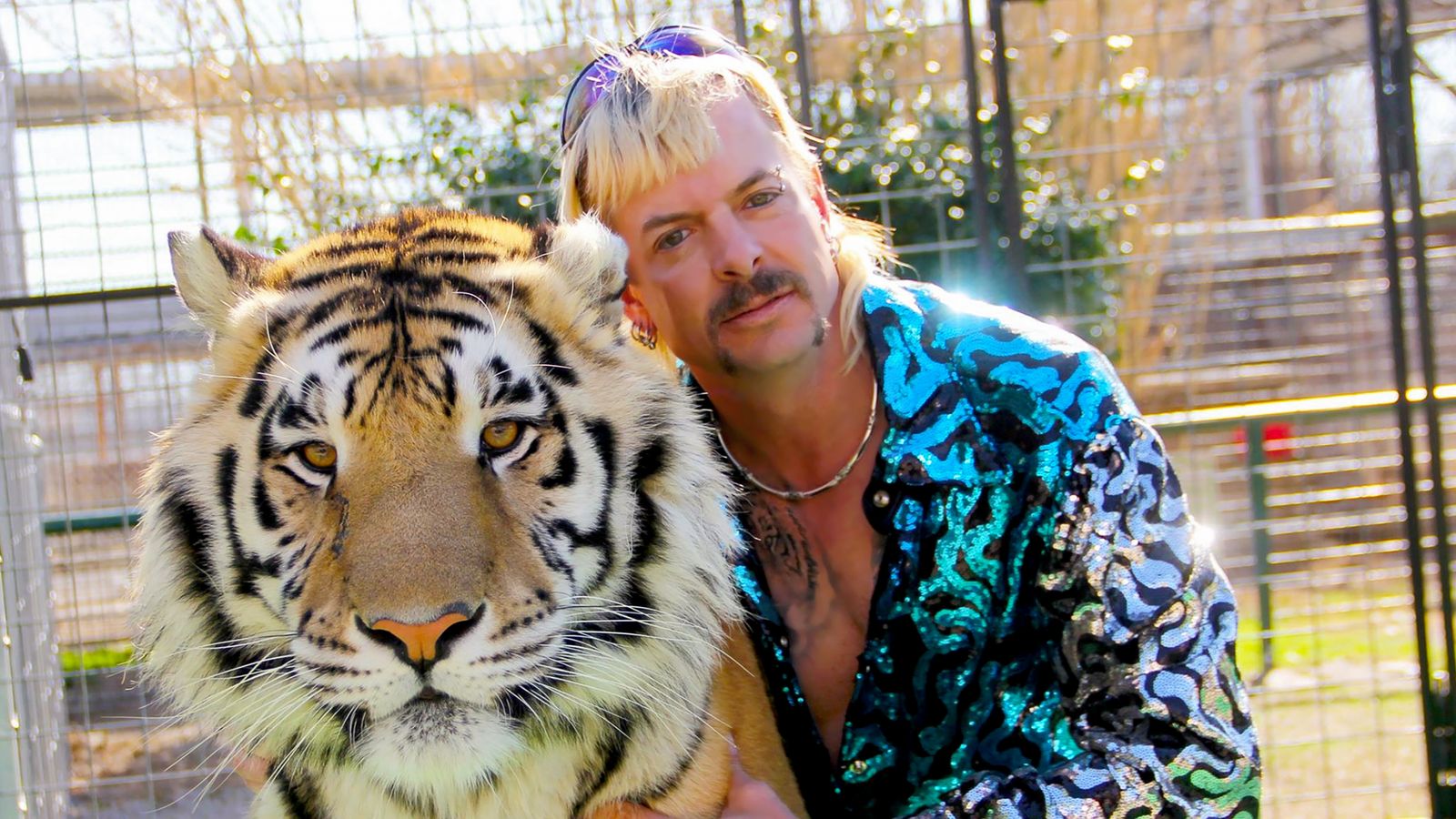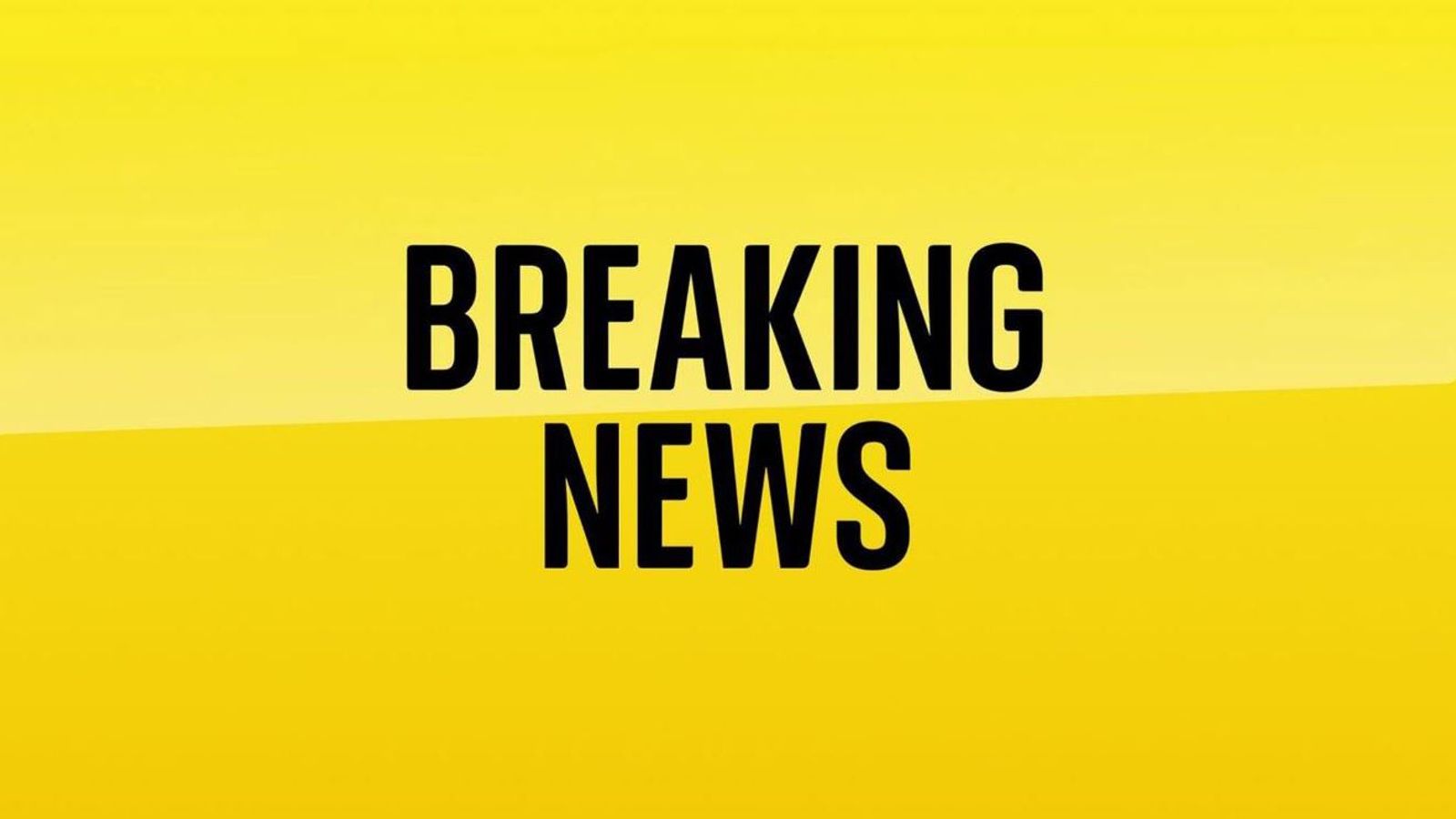Next year’s Eurovision Song Contest will be held in the UK, the European Broadcasting Union (EBU) and the BBC have confirmed.
Ukraine’s entry – folk rap group Kalush Orchestra – won the competition this year with their song Stephania, and would normally host the event the following year. However, the Russian invasion of their country presented too many security risks.
The UK was the runner up this year, and as such has been invited to act as a host for the 67th Eurovision Song Contest. It is still being decided in which city the event will be held.
A statement from BBC director general Tim Davie posted on Twitter read: “It is a matter of great regret that our colleagues and friends in Ukraine are not able to host the 2023 Eurovision Song Contest. Being asked to host the largest and most complex music competition in the world is a great privilege.
“The BBC is committed to making the event a true reflection of Ukrainian culture alongside showcasing the diversity of British music and creativity.
“The BBC will now begin the process to find a Host City to partner with us on delivering one of the most exciting events to come to the UK in 2023.”
The BBC is the national broadcaster of the event in the UK.
After the Ukraine’s victory, the EBU announced that, following a “full assessment and feasibility study”, it had concluded the “security and operational guarantees” required to host the event could not be fulfilled by Ukraine’s public broadcaster UA:PBC.
Eurovision’s organisers went on to say the risk of Russian air raids and mass casualties was too high for Ukraine to host the competition in 2023.
Prime Minister Boris Johnson tweeted that the UK would “put on a fantastic contest on behalf of our Ukrainian friends”, saying that he was in talks with Ukrainian President Volodymyr Zelensky last week.
Subscribe to the Backstage podcast on Apple Podcasts, Google Podcasts, Spotify, Spreaker
TikTok star Sam Ryder was this year’s runner up with his track Space Man – a vast improvement on the UK’s disappointing 2021 score of nil points.
Martin Osterdahl, the Eurovision Song Contest’s executive supervisor, expressed his gratitude to the BBC adding that the broadcaster had “taken on hosting duties for other winning countries on four previous occasions”.
He went on: “Continuing in this tradition of solidarity, we know that next year’s contest will showcase the creativity and skill of one of Europe’s most experienced public broadcasters whilst ensuring this year’s winners, Ukraine, are celebrated and represented throughout the event.”
Ukraine will automatically qualify for the Grand Final alongside the so-called Big Five – the UK, France, Germany, Italy and Spain – who each get a free pass because of their financial contributions.
Following the announcement, Culture Secretary Nadine Dorries tweeted the bespoke 2023 Eurovision logo showing the Ukrainian flag and the British flag side by side inside a heart, with the message: “This is Ukraine’s Eurovision and it’s an absolute privilege and honour for the UK to be supporting our friends”.
She also expressed her regret that “due to Russia’s continued acts of bloodshed, it has not been possible to host the event in Ukraine, where it should be”.
As the world’s largest live music event, the 2022 Eurovision Song Contest reached a global audience of over 180 million viewers across TV and digital platforms.
The UK has previously hosted the event eight times – in London in 1960, 1963, 1968 and 1977, Edinburgh in 1972, Brighton in 1974, Harrogate in 1982 and Birmingham in 1998 – that’s more than any other country.
A bidding process to find next year’s Host City will be launched later this week – with Glasgow, Manchester, Sheffield and London already expressing an interest in stepping up.












